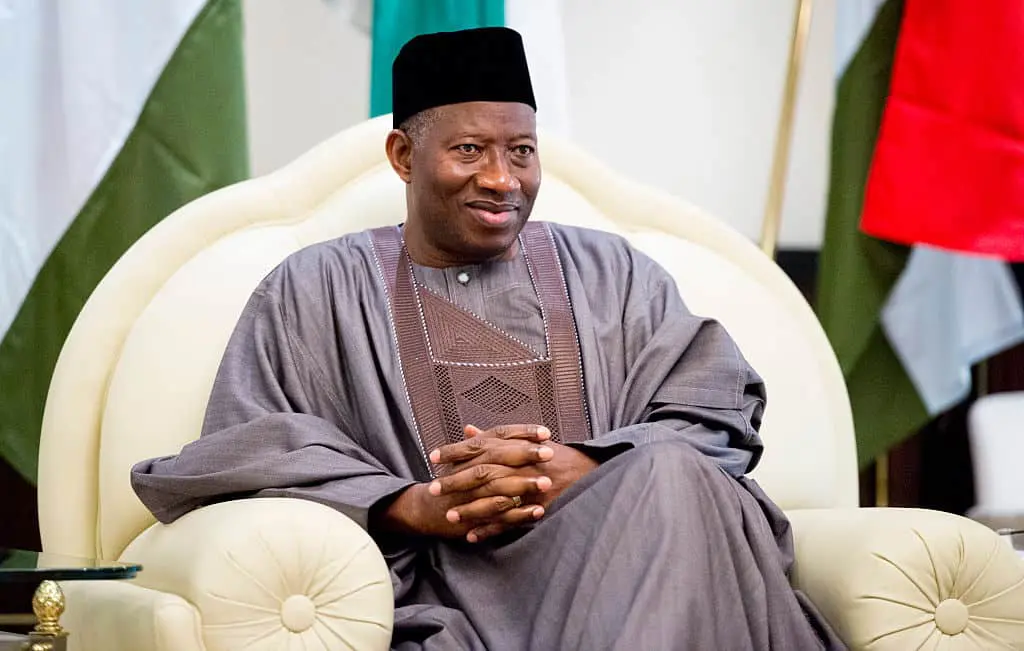Three public affairs analysts have offered their perspectives on the growing calls for former President Goodluck Jonathan to return to Nigeria’s leadership. Sir Leonard Anyogo, Director General of Good Governance Advocacy International, stated that it is within Jonathan’s political rights to seek a comeback, but the ultimate decision lies with the Nigerian electorate, provided the process is fair.
Dr Peter Iyali, national president of the UNICROSS alumni association and a chieftain of the APC, exercised caution, suggesting that the talk about Jonathan’s return might be fueled by politicians seeking to divide the southern vote ahead of 2027. Iyali warned that Jonathan should not allow himself to be used as a pawn in such a political game, recalling that the same forces now urging him on were instrumental in working against him a decade ago.
Justice Osai Ahiakwo, a lawyer and public affairs commentator, noted that political comebacks by former leaders are not unprecedented globally, citing examples such as Grover Cleveland and Donald Trump. According to Ahiakwo, Jonathan’s potential return cannot be dismissed as strange or misplaced, as it reflects a growing conviction that the former president’s leadership style could offer inclusiveness, stability, and renewed direction at a time when Nigeria faces economic decline, insecurity, and low public trust.
The analysts agreed that the final decision rests with Jonathan himself and the Nigerian electorate. Ahiakwo reminded that Jonathan is not barred from contesting in 2027 on constitutional grounds, and that the momentum for his return may be a genuine groundswell of public sentiment. The debate underscores a deeper national yearning for leadership that can restore hope, unity, and good governance in Nigeria.
The calls for Jonathan’s return come at a time when Nigeria is facing significant challenges, including economic decline and insecurity. The former president’s record between 2010 and 2015 is being reassessed in a more favorable light, with many recalling the atmosphere of tolerance and relative calm during his tenure. Whether Jonathan will answer the call to return to leadership or leave the stage to a new generation of leaders remains to be seen, but his response will shape Nigeria’s unfolding political narrative ahead of 2027.
